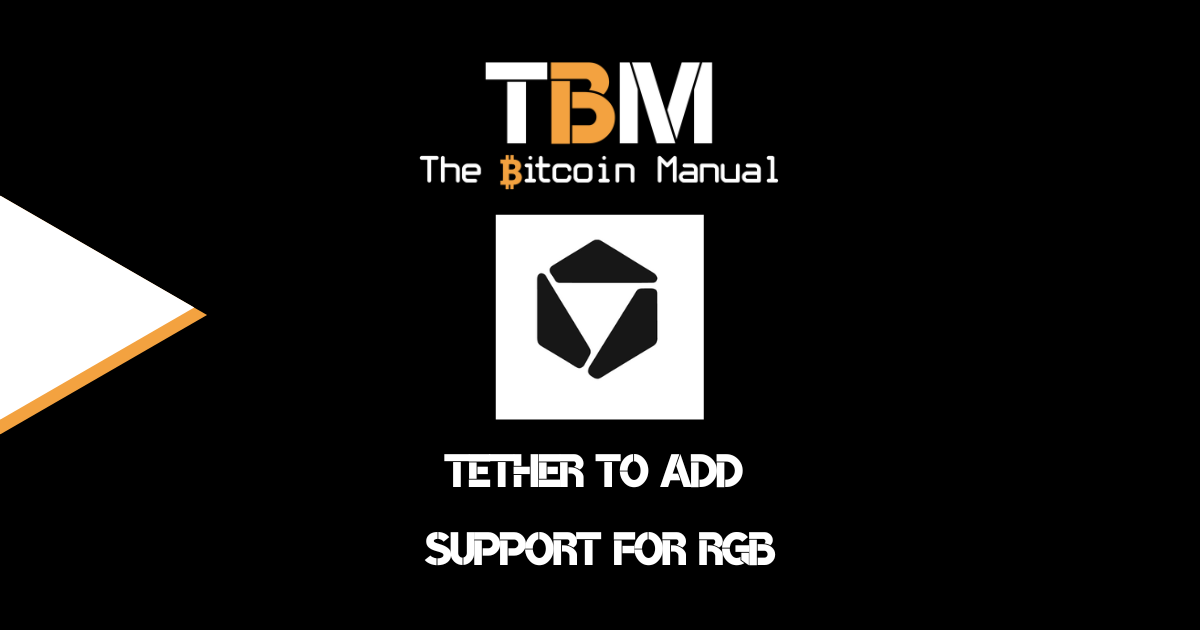The last few years have seen bitcoin start to find its way into the portfolios of institutional investors, and as the asset matures, so will the products built around it. The larger bitcoin gets, the more interest there will be in trading not only the asset but claims and contracts pegged to the asset.
Bitcoin might be a disruptive technology, but it is not immune from the need to drive over financialisation driven by the fiat mindset and incentive structures.
Bitcoin has been deemed a digital commodity, and like many commodities, we’ve seen traders create secondary markets promoted as a method of hedge risking. Still, anyone with a brain can see that it’s all about trying to make money through speculation.
While the bitcoin network itself continues to work and churn out blocks every ten minutes, providing a reliable network for transferring funds, there are secondary markets such as futures trading and options trading.
Options trading has nothing to do with the bitcoin network nor the native asset that lives on the chain in the form of UTXO data sets. Options contracts are financial contracts and derivatives used for buying and selling future actions.
Options offer you the right, but not the obligation, to buy or sell an underlying asset when its price moves beyond a certain price within a set time period.
What are options?
Options trading is not unique to bitcoin but is a financial instrument applied to several asset classes. It’s a method used by investors so that they may speculate on the future direction of the overall stock market or individual securities, like stocks or bonds.
- Call option contract: The right to buy
- Put option contract: The right to sell
Options trading is how investors buy and sell these contracts in an open market. Since there isn’t an obligation to buy or sell, this type of trade is fundamentally a way to trade risk.
While the idea being, options help to offset your risk, that is not to say every option trade is risk-averse. There are two sides to every contract. While you want to de-risk a position, someone has to accept the risk.
With options trading strategies, you either pay someone to take on risk for you, or you can get paid to take on someone else’s risk. Options also allow you to speculate on the future price of an asset while hedging your potential losses.
Depending on where you’re acquiring your options, you might be subject to a different redemption policy. In the case of American options, they provide that right within a given timeframe, while European options can only be exercised on a specific expiration date.
What are bitcoin options?
Bitcoin options are a form of financial derivative that gives you the right, but not the obligation, to buy or sell bitcoin at a specific price – known as the strike price – at a certain date of expiry. You pay a premium – usually cheaper than buying bitcoin outright – in order to buy an option.
Unlike buying bitcoin via a spot cryptocurrency exchange, options enable you to take a speculative position on the future direction of a market price – whether this is up or down.
Bitcoin options are unavailable with many exchanges as it is a more advanced investment vehicle. It’s often found on off-sure and unregulated exchanges, but it is slowly being introduced by some regulated institutions.
If you are intent on trading options, it’s important to note that every provider will have an offering, so it’s important to check where you can trade bitcoin options first and the risk of the firm issuing these options.
Why bitcoin options are popular
Bitcoin options enable you to trade on volatility without taking ownership of the underlying asset. As bitcoin is a notoriously volatile market – famous for its 1900% rally in 2017 followed by an 82% decline throughout 2018 – the ability to make side bets on these movements became a popular strategy, and the options contract product has been in high demand.
Bitcoin Call Options
A bitcoin call option is an agreement that allows a call option owner to buy an agreed-upon amount of Bitcoin for a particular price (also known as the “strike price”) at a particular time (expiration date).
Bitcoin Put Options
This instrument allows the contract owner to sell Bitcoin at an agreed-upon price later. Simply said, a Bitcoin put option gives you the privilege of selling your specified bitcoin position.
It usually follows a downward bias — that is, when an investor feels the price of bitcoin will decline rapidly or is bound to do so over a certain time frame, they will opt to take out put options.
Covered vs uncovered
A covered call is when you sell a call option contract based on assets you hold. If you’re long BTC and want to create income, you can sell call options for a strike price lower than where you expect the market to go. You’re covered if the contract buyer executes because you own the underlying asset. If the call options expire, you’ve pocketed the premiums.
Conversely, an uncovered option is selling an option when you don’t have a position in the underlying asset. This option selling is risky because you’re obligated to the position if the buyer wants to exercise the option.
The majority of options expire worthless.
When you take out an options contract, it’s based on a certain time frame. If an option expires in the money, it will automatically convert into long or short shares of stock in the associated underlying. If an option expires out-of-the-money, it, therefore, expires worthless, and it disappears from the account.
Additionally, the agreement merely gives you the “option” to buy or sell at that time and isn’t mandatory. If you don’t have the funds at that time to close the deal, all you have to do is forfeit it and lose the fee paid for the option; essentially, you’re letting it expire.
Why do investors trade options?
- Cheaper than spot bitcoin (sometimes). Investors can get started with options using less capital than may be required for bitcoin trading. That’s because the premium for purchasing a contract (A large bitcoin exposure position} can be lower than purchasing bitcoin upfront on the spot market. This is not a hard rule since certain options traders may also be required to maintain a margin account with a brokerage, which can drive the price of total investment up.
- Low risk, high reward (sometimes). In an ideal world, option holders can magnify their wins by placing smart bets, but contracts can, and sometimes do, expire worthless. Although the loss will be limited to your initial investment, it’s still a net negative.
- Insurance policy. If a holder purchases a contract that inversely reacts to the bitcoin price, this can help them hedge against potential losses should the underlying bitcoin price drop dramatically. Options also allow holders to lock in a fixed price, which can feel safer than traditional investing as it gives them an out when things go sideways.
Options are merely regulated bets on the price movement of bitcoin as a method of getting exposure to the asset class. You don’t hold bitcoin; you don’t own bitcoin; you can’t lay claim to any bitcoin. You are simply trading paper promises and IOUs.
Stay humble and stack sats.
Options trading is popular with professional investors, while retail investors have started to leverage the product in recent years. The ability to purchase options is often done with the intent for short-duration trades, trying to time certain movements or playing market sentiment.
Certain options trading strategies can potentially limit the risk of loss, protect investments against market volatility, or turn a profit.
Bitcoin options trading is extremely risky when built on a volatile crypto market. Adding to the additional risk of margin trading and liquidation is a major risk factor.
Many retail traders get into options trading because it can be done with smaller bets promising high payoffs, which can quickly unravel, and you can lose a lot of money if you don’t know how these products work. An aspect exchanges are hoping for as they can rake in free money as you try to use advanced financial products without fully understanding the risks involved.
If you are going to take a few side bets in the options markets, ensure that you educate yourself on the products you’re buying and trade carefully and minimise your risk, knowing what you’re liable to lose. You also want to find a trustworthy exchange to issue these options, where it isn’t possible that the broker could be trading against you, as we’ve seen with some offshore exchanges.
The truth is options shouldn’t be used by most retail traders, and you’re better off dollar cost averaging, acquiring bitcoin for the long term and locking it into cold storage.
Exchanges are not your friend.
Do you use a crypto casino, or have you switched to a bitcoin-only service to acquire your satoshis? Do you find these multi-coin exchanges valuable in your neck of the woods and see them as a necessary evil? If you do use one of these casino exchanges, what would get you to switch to another service?
Let us know in the comments down below.




